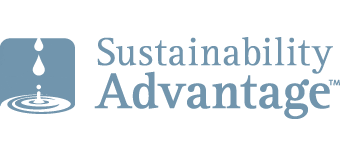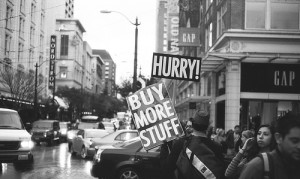3 New Reports Signal We’re Making Progress With Sustainability

Three recent reports provide positive reinforcement that traction on sustainability is building in the private and public sector. This news reenergizes our efforts. We live on hope that our combined efforts as sustainability champions will accelerate the take-up of environmentally, socially, and economically responsible strategies. Usually, during economic recessions, we lose ground. Strangely, in the current recession, the opposite has happened: sustainability-related strategies have been embraced more strongly.
Read More










